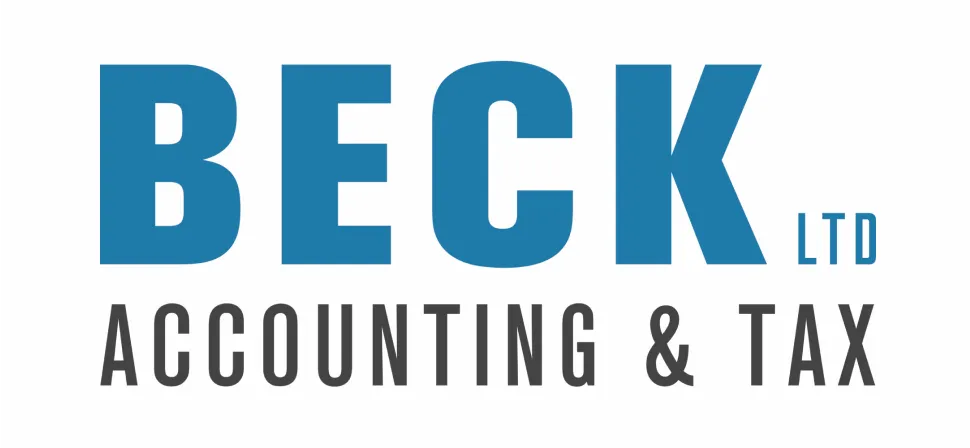
When managing a business’s finances, understanding the roles of a bookkeeper and an accountant is essential. Though often used interchangeably, these professions serve distinct purposes. By recognizing their differences, you can ensure your business’s financial health and compliance.
Let’s dive into the specifics of bookkeeper vs accountant to clarify their roles, responsibilities, and value.
What Does a Bookkeeper Do?
A bookkeeper manages the day-to-day financial transactions of a business. Their work is detail-oriented and focuses on maintaining accurate financial records. Here’s what bookkeepers typically handle:
- Recording Transactions: They log sales, purchases, payments, and receipts into the company’s ledgers.
- Maintaining Financial Records: Bookkeepers ensure that all records are up-to-date and well-organized.
- Managing Accounts Payable and Receivable: Ensuring bills are paid on time and payments are received promptly is a crucial task.
- Processing Payroll: Bookkeepers manage employee wages, taxes, and deductions.
- Reconciling Accounts: They compare financial records to bank statements to spot discrepancies.
Bookkeepers are the backbone of financial management, laying the groundwork for deeper financial analysis. While they don’t necessarily require formal certification, their attention to detail and organizational skills are paramount to maintaining a smooth financial process.
What Is an Accountant?
An accountant steps in to analyze the financial data recorded by bookkeepers. Their role extends beyond recordkeeping to include strategic insights and compliance. Here’s what accountants do:
- Financial Reporting: Accountants prepare financial statements like balance sheets, income statements, and cash flow statements.
- Tax Preparation and Compliance: They ensure that the business complies with tax laws, while identifying potential tax-saving opportunities.
- Budgeting and Forecasting: Accountants help businesses plan for the future by analyzing financial trends and creating projections.
- Auditing: They examine financial records for accuracy and regulatory compliance.
- Advisory Services: Accountants offer insights on improving profitability and guiding strategic decisions.
Unlike bookkeepers, accountants usually hold degrees in accounting or finance and may have certifications such as Certified Public Accountant (CPA). Their advanced expertise enables them to provide strategic advice, driving the business forward.
Key Differences Between Bookkeepers and Accountants
Scope of Work
Bookkeepers focus on daily financial tasks like recording transactions, maintaining ledgers, and processing payroll. Their work ensures accurate records for further analysis. Accountants handle broader responsibilities such as analyzing financial data, preparing reports, and offering strategic advice. Bookkeepers handle the details, while accountants focus on the big picture.
Qualifications
Bookkeepers typically don’t require formal education, relying on hands-on experience and knowledge of bookkeeping software. Accountants, however, need a degree in accounting or finance and often hold certifications like CPA or CMA, equipping them to manage complex financial analysis and compliance.

Decision-Making
Bookkeepers provide accurate financial data for others to make decisions. Accountants use this data to interpret trends, assess risks, and advise on financial strategies. While bookkeepers track and organize, accountants analyze and recommend actions to improve financial health.
Regulatory Compliance
Bookkeepers maintain detailed financial records but do not focus on legal compliance. Accountants ensure that a business adheres to tax laws and regulations, handling audits and preparing tax returns. They bridge the gap between maintaining records and meeting legal requirements.
When to Choose a Bookkeeper or an Accountant
Determining whether you need a bookkeeper, an accountant, or both depends on your business’s size and financial complexity:
- Startups and Small Businesses: A bookkeeper may suffice to maintain records and manage daily transactions.
- Growing or Established Businesses: As your operations expand, an accountant’s expertise becomes invaluable for strategic planning and compliance.
In many cases, combining the expertise of both professionals ensures comprehensive financial management. Bookkeepers focus on maintaining accuracy in day-to-day operations, while accountants interpret that data to guide decision-making and ensure compliance with laws and regulations.
Bookkeeping and Accounting Services In Ottawa With Beck Ltd.
Understanding the differences between a bookkeeper and an accountant can empower you to make informed decisions for your business. Recognizing their unique roles allows you to build a strong financial foundation and ensure your business thrives.
If you’re ready to take your financial management to the next level. Contact us at Beck Ltd today and explore our bookkeeping services for meticulous record-keeping or our accounting services for expert analysis and strategy. Let’s work together to secure your business’s financial future!



